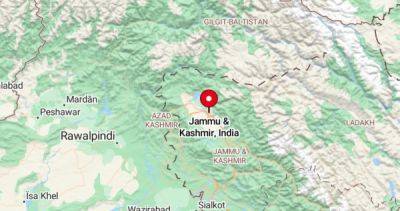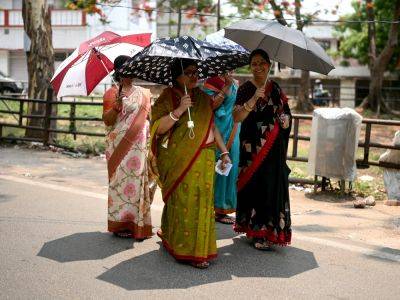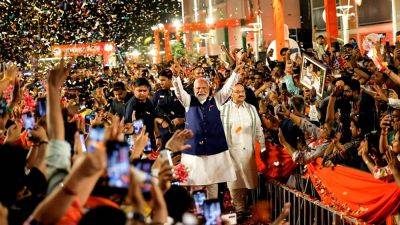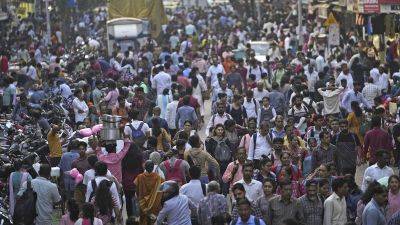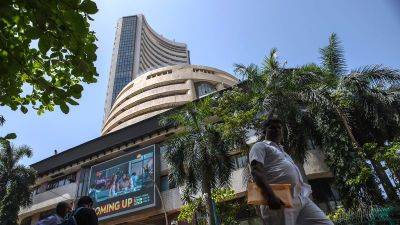Millions of Indians Living Abroad Have a Say in the Election, Even if They Can’t Vote
The dishes at a community center potluck for Indian expatriates near Washington, D.C., ranged from chana masala, a popular northern Indian chickpea curry, to idli, a southern Indian rice cake.
The guests’ views on India’s general election were equally varied. Some praised Prime Minister Narendra Modi’s economic achievements. Supporters of candidates challenging Mr. Modi’s party criticized what they saw as his disregard for minorities and democratic norms.
“What is the vision for India in 2024?” the host, Somu Kumar, a manager at a cloud computing company, said recently of that winter potluck. “That gets a lot of people excited to talk.”
India’s 35 million-member diaspora, roughly equivalent in population to Delhi’s metropolitan area, represents a tiny minority compared with the nearly one billion people who are eligible to take part in a six-week voting process that ends on Saturday. Expatriate Indians also cannot cast absentee ballots under India’s electoral laws.
But the diaspora is heavily courted by India’s main political parties. Many of its members are from the country’s political and business elites, and voters back home want to know what they think.


